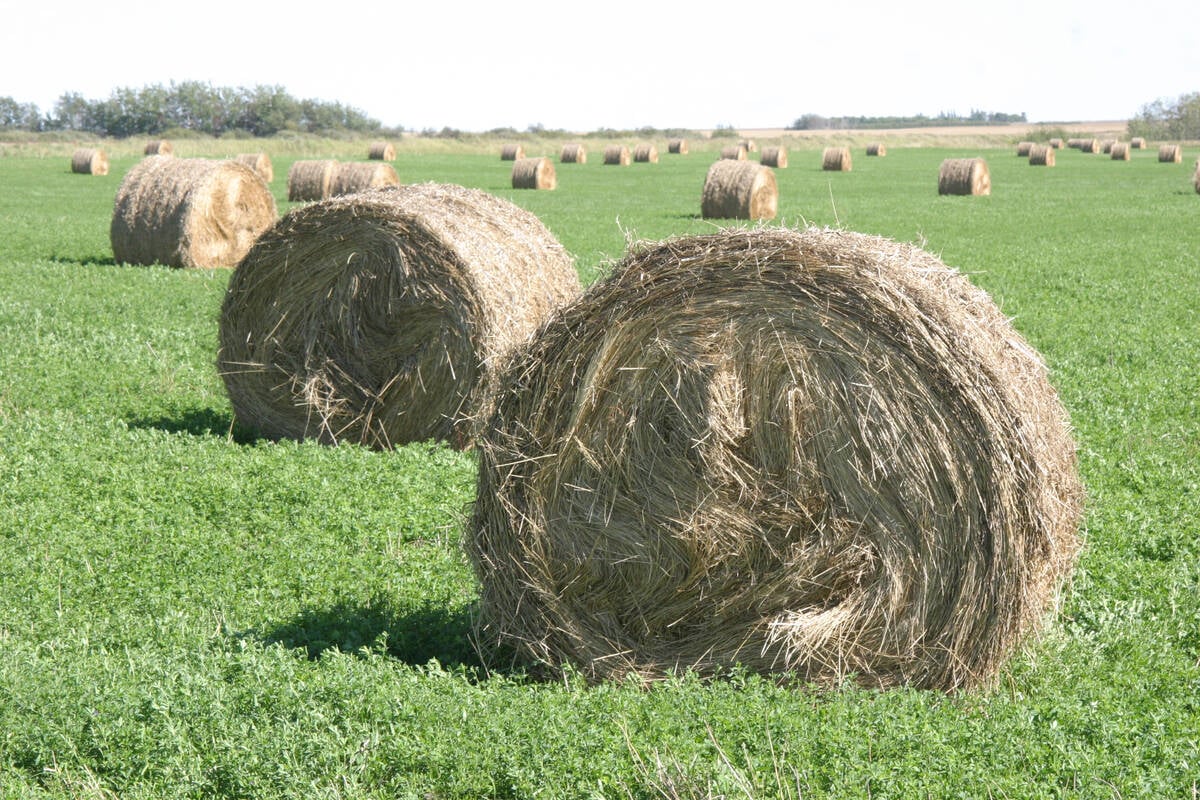VANCOUVER – Canada needs a single national meat inspection system and all plants should meet the federal standard, say industry officials.
Executives of the Canadian Meat Council argue a myriad of food safety standards across the country is no longer adequate and it confuses consumers. One standard would be easier to administer.
“Provinces should take a leadership role and eliminate provincial meat inspection program funding and redirect those savings from upgrading those provincial facilities to federal status,” said Conrad Huber, past-president of the meat council.
Read Also

Breaking down successful winter feeding into six steps
It’s that time of year when it is important to start planning for a cow herd’s winter feeding program. Here are six steps I think are necessary to consider when getting your feed tested.
Some provinces have their own inspection guidelines and others use health inspectors who may not be present every day. That is not good enough, he said.
“We don’t want a national system that is dumbed down,” said Huber in an interview during the meat council annual meeting in Vancouver.
Another serious challenge facing the meat industry is finding enough people to work in plants. The group has met with the federal government to discuss recruitment and suggested temporary work permits should be doubled to two years to bring in foreign workers.
One market analyst told the council the labour shortage could be the greatest challenge facing the industry.
Packers are already at an $8 per head disadvantage to plants in the United States because of the labour problem. Further processing and value adding to extract extra profits are also held back because there are too few people available, said Kevin Grier of the George Morris Centre.
Most Canadian beef processing plants are running at about 70 percent of capacity because they cannot get enough staff. If that continues, some may go out of business.
Pork processing giant Olymel invested millions for a double shift at its Red Deer operation but could not proceed because it could not entice more new workers.
“I don’t believe any Canadian packer is competitive at the current utilization rates,” he said.















